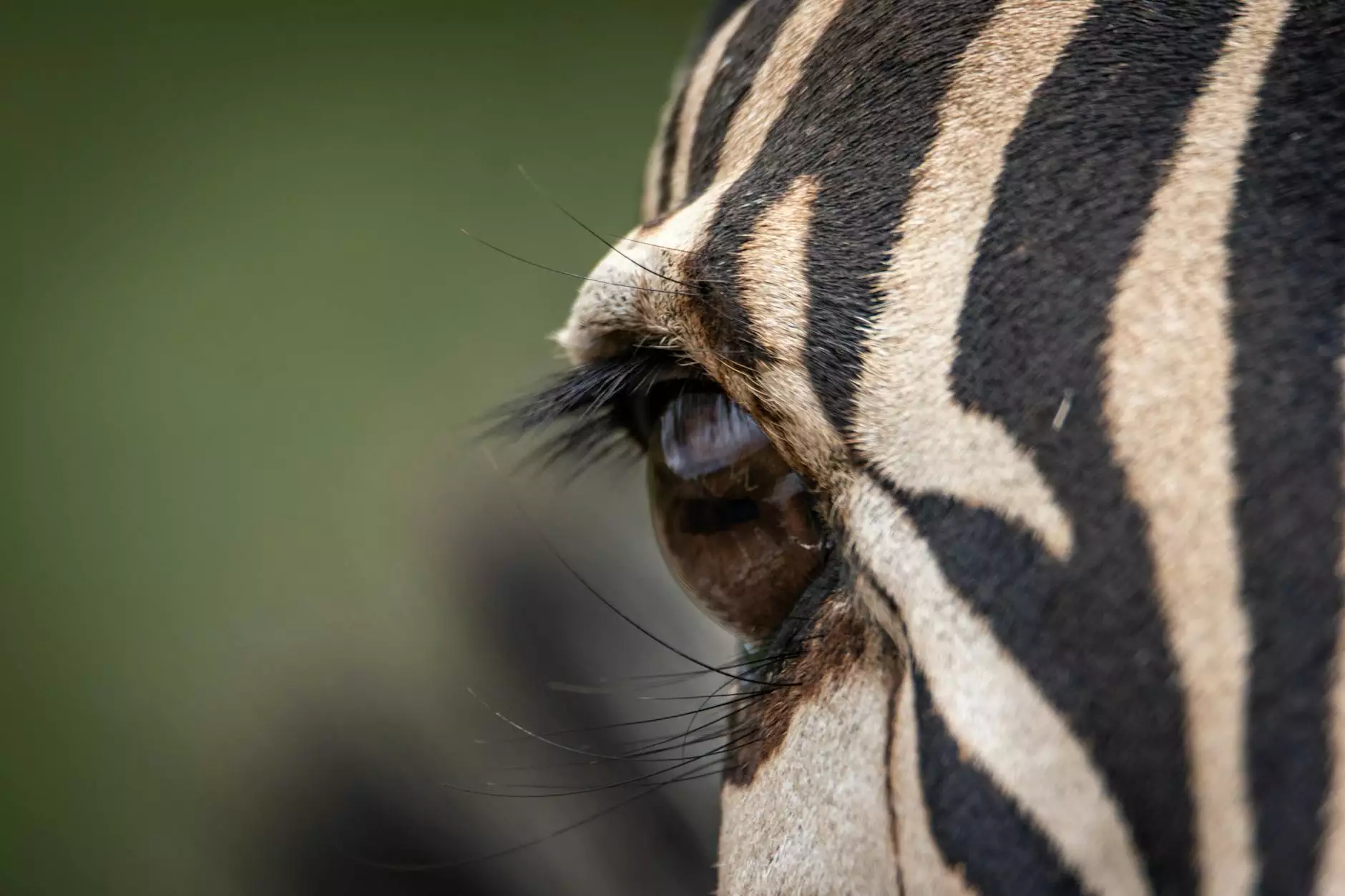Buying a Hunting License: A Comprehensive Guide

When you're venturing into the world of hunting, one of the essential steps you must take is buying a hunting license. This process varies widely depending on the location, the type of game, and the hunter’s age and experience level. In this article, we will explore all aspects of obtaining a hunting license, ensuring you are well-informed and prepared for your next adventure.
Understanding the Importance of a Hunting License
A hunting license serves several crucial purposes:
- Legal Requirement: Most regions require hunters to possess a valid hunting license, which helps regulate hunting activities and protect wildlife populations.
- Wildlife Conservation: License fees often fund conservation efforts, wildlife habitats, and monitoring of animal populations, contributing to sustainable hunting practices.
- Safety: Licensing ensures that hunters have been educated about safety protocols, hunting laws, and ethical practices.
Types of Hunting Licenses
There are several types of hunting licenses available, tailored to different hunting scenarios and skill levels:
- Resident Licenses: Issued to individuals who reside in the state where they plan to hunt.
- Non-Resident Licenses: For individuals from outside the state who wish to hunt there.
- Youth Licenses: Often available at a reduced cost for young hunters, typically under 18 years old.
- Special Permits: Certain species or hunting methods, such as bow hunting or hunting certain endangered species, may require special permits in addition to a standard license.
The Process of Buying a Hunting License
While the specific steps may differ by state or country, the general process for buying a hunting license includes:
1. Determine Your Eligibility
Before applying, it is essential to understand the eligibility requirements, which may include:
- Age restrictions, often requiring applicants to be at least 12 or 16 years old.
- Completion of a hunter safety course, which may be mandated for first-time hunters.
2. Choose Your License Type
Decide on the type of hunting license you need based on your intended hunting activities and residency status.
3. Gather Required Documentation
Prepare all necessary documents, which may include:
- Your identification (e.g., driver's license or state ID).
- Proof of residency (for resident licenses).
- Certificate of completion for any required hunter safety courses.
4. Apply for Your License
You can typically apply for a hunting license through one of the following methods:
- Online through your state’s wildlife agency website.
- In person at approved vendors, such as outdoor sporting goods stores.
- By mail, if your state allows for paper applications.
Cost of Hunting Licenses
The cost of a hunting license can vary significantly based on several factors:
- Location: Different states have different fees based on local regulations and hunting populations.
- Type of Game: Licenses for more regulated species may cost more.
- Discounted Rates: Many states offer discounts for senior citizens, military veterans, and youth hunters.
Common Myths About Hunting Licenses
There are several misconceptions regarding hunting licenses that can mislead new hunters. Here are some of the most common myths:
- Myth 1: You don’t need a license for small game hunting.
- Myth 2: A temporary license is not required for out-of-state hunters.
- Myth 3: If you have a driver's license, you can hunt without a hunting license.
Hunting Safety and Ethics
Pursuing wildlife should always be done with responsibility and respect for nature. Here are some key points to remember:
- Follow national and local hunting laws: Always be aware of and adhere to the hunting regulations specific to your area.
- Practice safe firearms handling: Ensure your firearm is safe to operate and follow proper shooting protocols.
- Respect wildlife: Only hunt what you need, and practice fair chase principles.
Conclusion: Getting Ready for Your Hunting Adventure
In conclusion, buying a hunting license is a fundamental step for anyone looking to explore the rewarding world of hunting. By understanding the types of licenses available, the purchasing process, and the importance of safety and ethics in hunting, you will be well-prepared for your adventure. Always remember that hunting is not just an activity, but a tradition that connects us to nature and our ancestors.
For more information about obtaining your driving license, feel free to visit genuinedrivinglicense.com where we offer additional resources and guidance.









